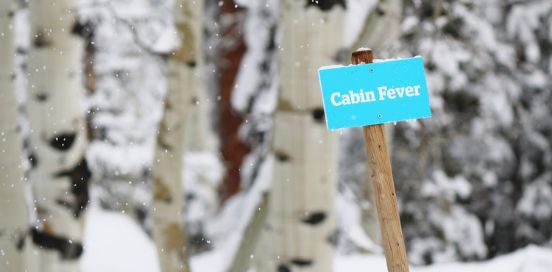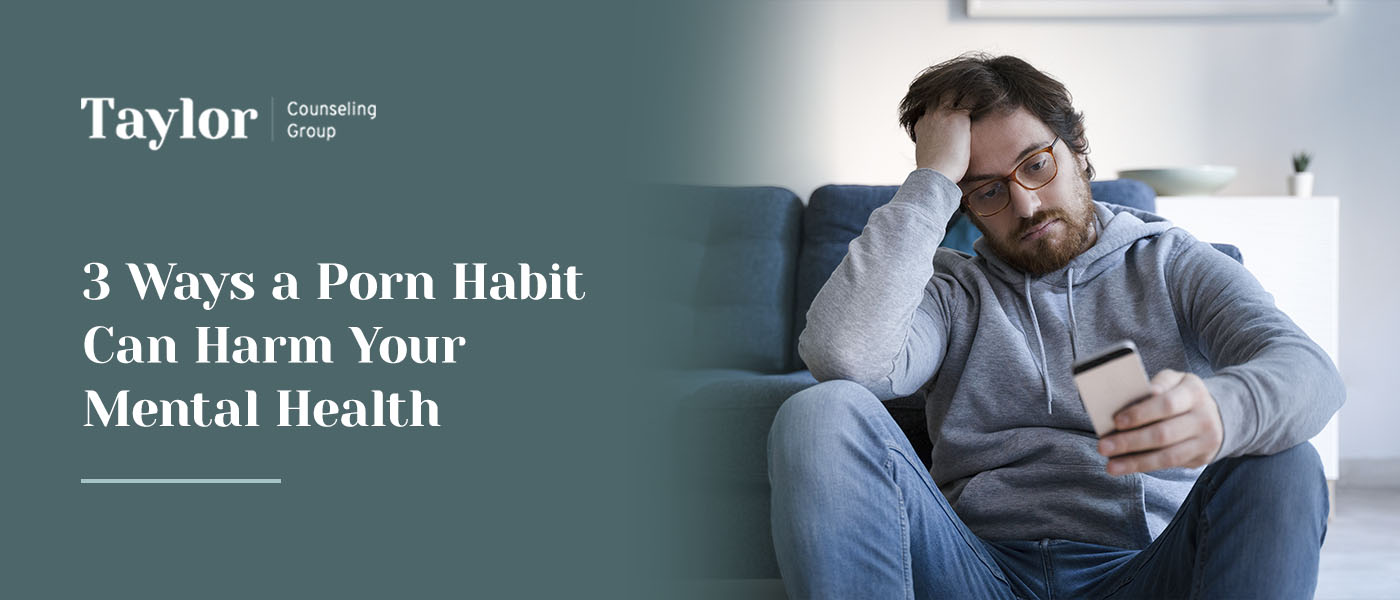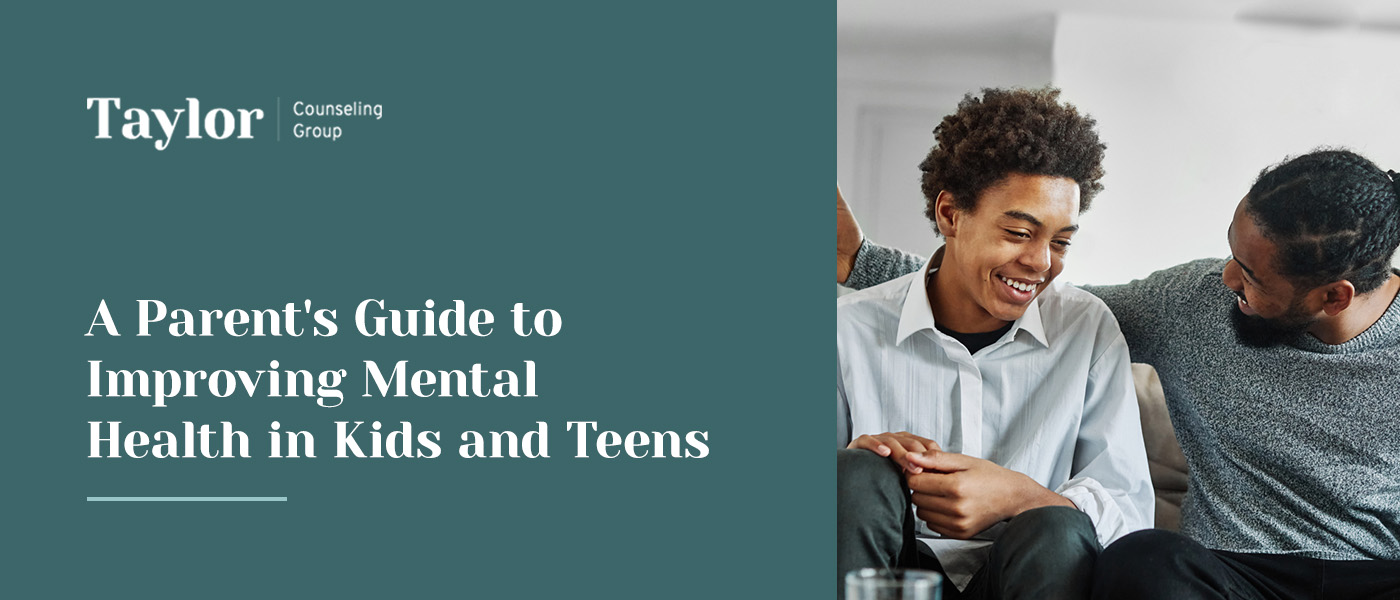Do You Have Cabin Fever?
Cabin fever is an expression for a common outcome to being isolated in a house for an extended amount of time. Some specialists believe that cabin fever is a sort of condition, while others feel that it is linked to such disorders as seasonal affective disorder and claustrophobia. Do you think you might have cabin fever?
Symptoms of Cabin Fever
Not everyone suffering from cabin fever will experience the same symptoms, but many people report feeling intensely irritable or restless. Other commonly experienced signs are:
- Restlessness
- Exhaustion
- Sadness
- Lack of patience
- Food cravings
- Decreased motivation
- Hopelessness
- Extreme stress
Note that these symptoms may also be indicative of other conditions and only a trained mental health professional can make an accurate diagnosis. Not everyone who fears being cooped up at home in the winter has cabin fever. Only when someone exhibits several of the symptoms mentioned above is a phobia more likely.
Surviving Cabin Fever
If your symptoms are relatively minor, taking active steps to combat your feelings may be enough to help you feel better.
- Get Out of the House – If you are isolated or confined to your home, this may not always be possible. But if you can go outside, even for a short time, take advantage of that opportunity. A short walk can help you feel better quickly.
- Continue Normal Eating Habits – A day stuck at home could be an excuse to eat too much. Some skip meals altogether. Eating right can increase our energy levels and motivation.
- Set Goals – Set daily and weekly goals, and track your progress toward completion. Make sure that your goals are reasonable, and reward yourself for meeting each mark.
- Keep Your Brain Busy – Work puzzles, read books or play board games. Fueling your mind can help keep you move forward and reduce the feelings of isolation and vulnerability.






